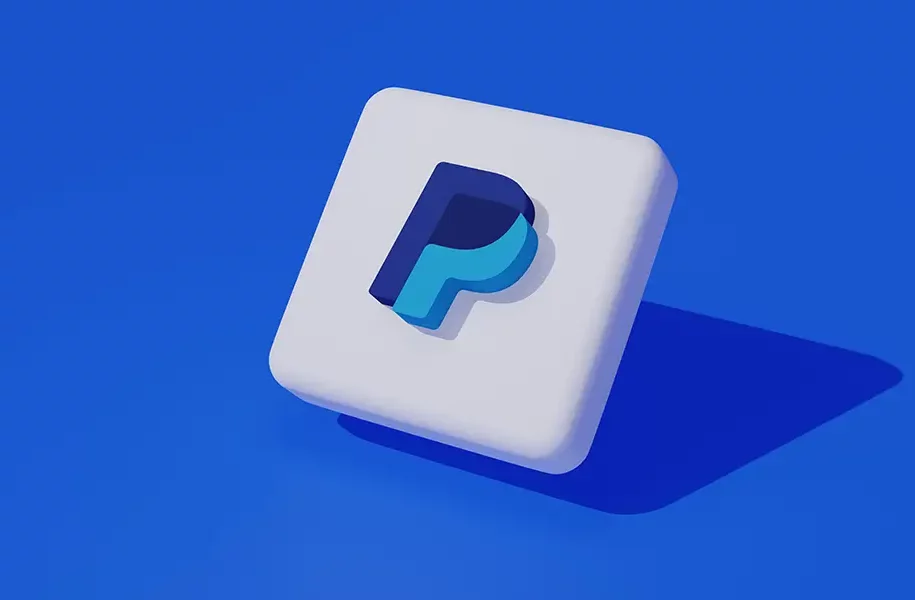PayPal’s Stablecoin Navigates DeFi for Market Expansion

PayPal introduced PYUSD, its stablecoin, last August, but it's been struggling against dominant competitors like Tether and Circle.
To boost its liquidity, PYUSD is now exploring decentralized finance.
Aave, a lending protocol, is considering integrating PYUSD into its Ethereum pool after its recent activation on Curve’s automated market maker. PYUSD’s role within PayPal’s app and its use for crypto trading on exchanges remain unclear due to a lack of publicly available data.
While PYUSD’s circulation surged by 63% over the past month, its trading volume of around $17 million in the last 24 hours still lags behind other stablecoins.
This challenge is compounded by the dominance of USDT, accounting for roughly 70% of stablecoin liquidity, making PYUSD’s competition steep.
READ MORE: CoinShares Strategist Talks Bitcoin ETFs and Market Growth
Paxos issues PYUSD, previously handling BUSD until regulatory constraints intervened. Paxos teamed up with Trident Digital to enhance PYUSD’s on-chain liquidity. Trident’s plan involves injecting $5-10 million into the Aave pool, aiming to attract lower-risk investors to deposit PYUSD.
Despite minimal public attention, Paxos persists in its efforts to establish PYUSD as a competitive stablecoin in the face of established giants, utilizing DeFi as a potential avenue for growth.













